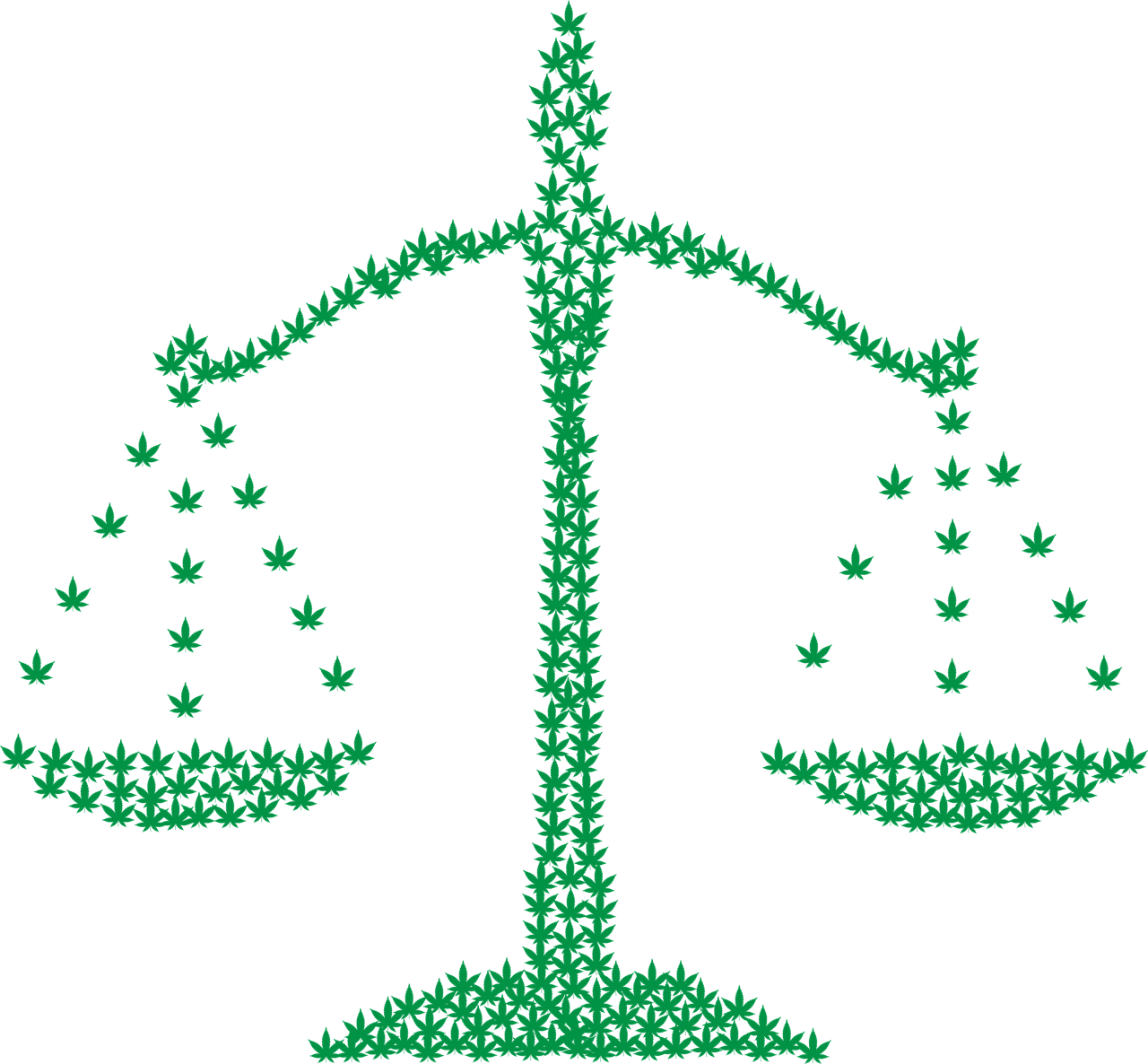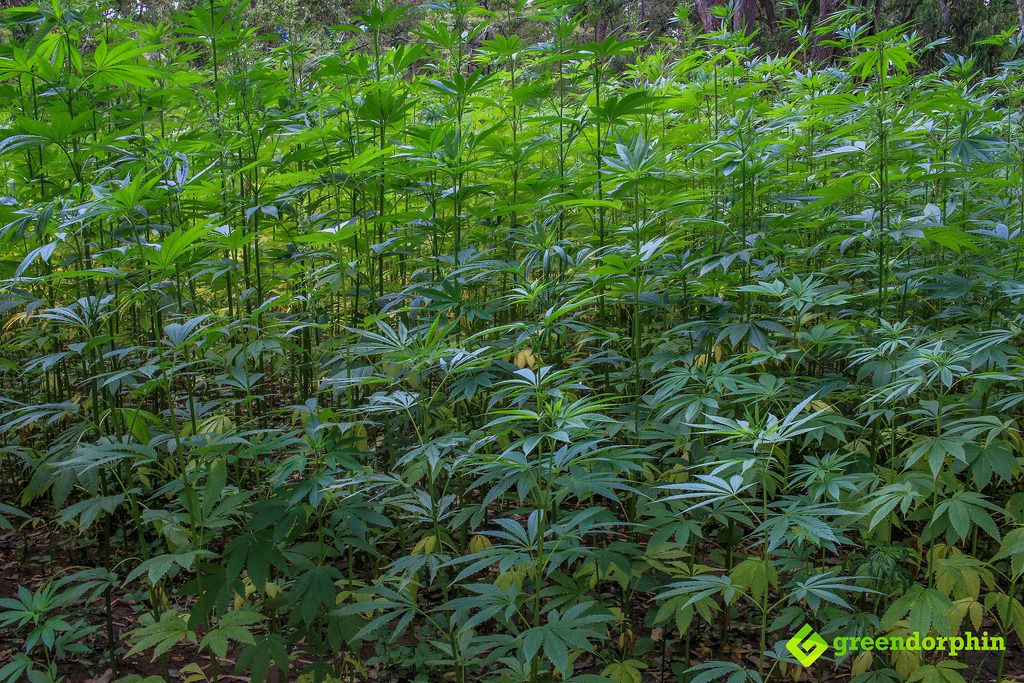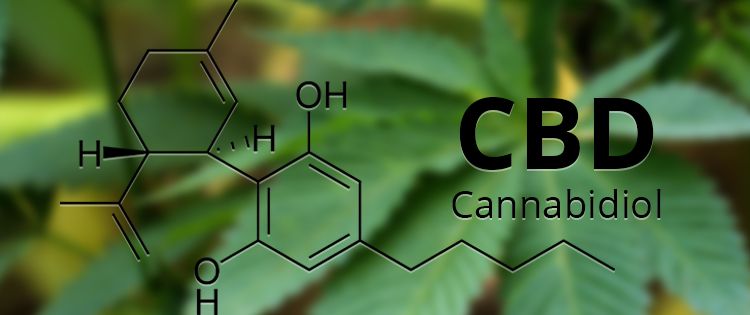Cannabidiol is clearly proven to offer several health benefits. However, its legal status in the U.S. is still foggy, thereby confusing patients and doctors alike.

The demand for cannabidiol products in the U.S. has skyrocketed owing to the multitude of therapeutic benefits offered by this ‘miracle’ compound. Though cannabidiol is emerging as a superstar in the healthcare domain, it is still not legal in all American states.
Moreover, the conflict between federal and the state laws in the U.S., the changing state regulations, and the availability of a variety of cannabidiol products like CBD oil, balms, salves, and tinctures is limiting the use of this remedial compound.
Is CBD legal in the US? Is it legal for recreational use or medicinal use? Which are the states where CBD is still illegal?
The answer to these questions is not as clear-cut as one would expect. Yet, in this post, we aim at providing the much sought-after answers to these and several other questions pertaining to this topic.
The Legality of Cannabidiol Derived from Hemp and Marijuana
The source of cannabidiol (hemp or marijuana plant) is critical to the legality of the compound. As most of us know, both these plants belong to the cannabis family; however, they differ in the amount of the psychoactive compound, tetrahydrocannabinol (THC).

Since industrial hemp has no euphoric effects, hemp-derived cannabidiol can be legally grown, manufactured, purchased, and sold in most U.S. states.
On the other hand, marijuana-derived CBD is considered to be a derivative of the marijuana plant. Hence, it is illegal in states where marijuana isn’t legal. Thus, the plant source plays a critical role in determining the legality of the CBD product.
In America, federal and state laws pertaining to the use of cannabidiol are confusing. The federal Controlled Substances Act (CSA) controls substances that exert a psychoactive effect.
Moreover, the CSA (Controlled Substances Act) treats the hemp plant (in its entirety) as marijuana (Schedule I drug). Hence, overt marketing and use of CBD is seen as a violation of federal law.
The legal scenario of cannabidiol in the U.S. seems murky. However, the table below will offer clarity on the current legal status of the compound.
The Legal Status of CBD in the U.S. as of 2018
| For Recreational and Medicinal Purposes | Strictly For Medicinal Purpose | Unclear Or Illegal |
|---|---|---|
| In the following American states, CBD derived from marijuana or hemp is completely legal. Alaska, California, Colorado, Maine, Massachusetts, Nevada, Oregon, and Washington | Apart from the eight states mentioned in the adjacent column, CBD is legal with a prescription in 38 other states of America (total 46 states). However, states like Alabama, Florida, Georgia, Indiana, Iowa, Kentucky, Mississippi, Missouri, North Carolina, Oklahoma, South Carolina, Tennessee, Texas, Utah, Virginia, Wisconsin, and Wyoming have specific laws pertaining to the THC levels in the CBD product and the condition it is prescribed for. Each state where CBD is legal for medicinal use has a specific acceptable concentration range of THC (0.3 to 8 percent). Thus, before purchasing a CBD product in these 46 states, it is wise to have a prescription from a doctor. | In the states of Idaho, Kansas, Nebraska, and South Dakota the law is either not clear or in the process of introducing a bill that supports the medicinal or recreational use of CBD. |
Thus, though cannabidiol products are widely available across 5o states in the U.S., the law pertaining to the compound is confusing and open to differing interpretations.
Nevertheless, the information shared in this post offers an up-to-date review of cannabis’ and cannabidiol’s cultivation, manufacture, distribution, and medical use.
Tell us in the comments section below, do you think CBD products should be legalized by the federal law?
- Fact File: The Current Legal Status of CBD in the US - September 28, 2018


